Dhaka, April 10, (V7N) - Experts at the Bangladesh Investment Summit 2025 have urged investors to capitalize on the robust growth of Bangladesh's medical sector, projecting that the market volume will reach US$ 23 billion by 2033. This growth is driven by increasing demand for medical consumables and advanced diagnostic tools.
During a session titled "Unlocking Healthcare Investment Potential in Bangladesh," Md. Saidur Rahman, Secretary of the Health Services Division, highlighted the remarkable expansion of the country's health sector and encouraged investors to explore opportunities within it. He stated, "It's projected that the market volume of the country's health sector will be $23 billion by 2033. It is clear that there are huge potentials for investors in the country's health sector."Sylvana Quader Sinha, founder, chair, and CEO of Praava Health, delivered the keynote speech, emphasizing the medical equipment and devices market, which is expected to grow to $3 billion by 2030. She noted that the sector is heavily reliant on imports, presenting significant opportunities for local manufacturing, especially as the country aims for self-sufficiency in critical healthcare products.
Sinha outlined several key areas for investment, including:
Establishing manufacturing units for essential medical consumables, such as in vitro diagnostic test kits and low-risk health monitoring devices.
Addressing the rising demand for operating theater (OT) support and ICU equipment, which presents lucrative investment opportunities.
The healthcare sector has become one of the largest sectors in the Bangladeshi economy, growing at a CAGR of 10.3% since 2010 and employing nearly 0.3 million people directly. Factors driving this growth include an aging population, a burgeoning middle class, and an increasing prevalence of non-communicable diseases.
Sinha also pointed out that the expansion of healthcare facilities, including private hospitals and diagnostic centers, is supported by public-private partnerships (PPP) and government incentives. Policies such as tax exemptions for private hospitals outside major cities make the sector attractive for both local and foreign investors.The pharmaceutical sector, recognized as a Pharmerging Market, is projected to reach US$ 6 billion by 2025 at a 12% CAGR. The industry is known for its production of branded generics, particularly in gastrointestinal, antibiotic, and antipyretic therapies, which meet nearly all domestic demand.
The digital transformation of healthcare is accelerating growth, with digital health emerging as a key area of innovation since the COVID-19 pandemic. The government's Digital Healthcare Strategy 2023-2027 aims to integrate digital tools like cloud-based Electronic Health Records (EHRs) and telehealth platforms, enhancing healthcare delivery and reducing costs.Sinha emphasized that this transition presents investment opportunities in cloud-based services, interoperable health systems, and remote patient monitoring. Collaborations with foreign tech companies for disease management solutions and healthcare technology innovations will be crucial for driving the sector's growth.The insights shared at the summit underscore the vast potential for investment in Bangladesh's healthcare sector, positioning it as a key area for both local and international investors looking to capitalize on emerging opportunities.
END/MSS/RH/



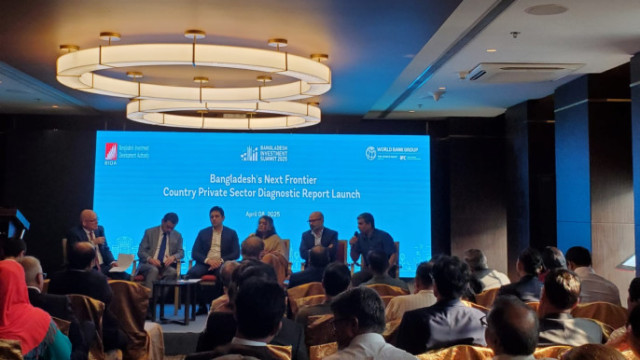



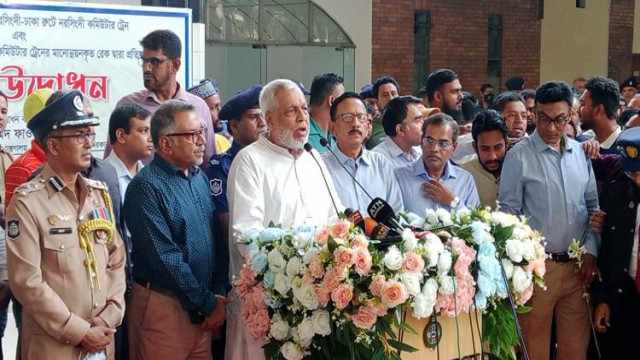

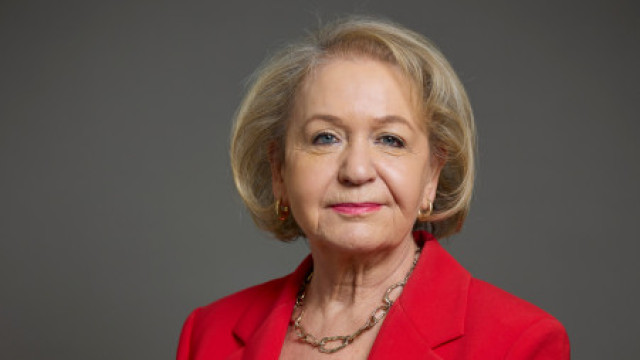














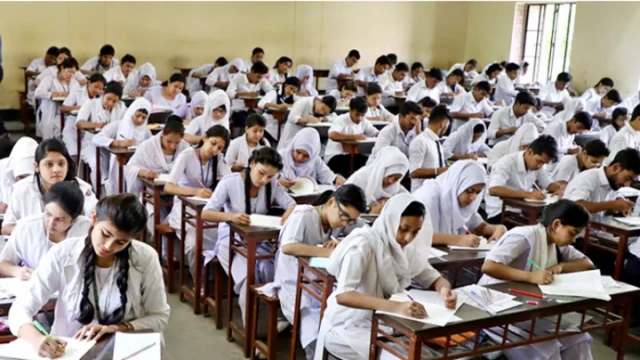




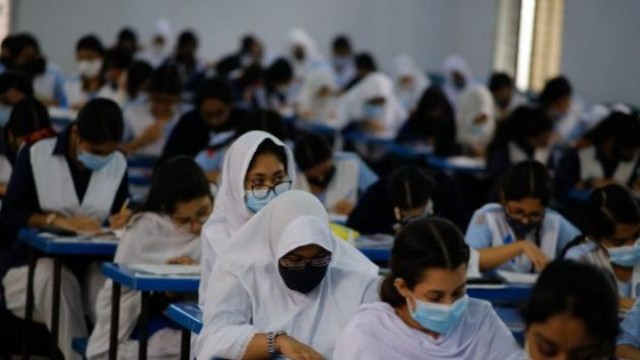
Comment: